5" PP Fume hood,Floor-standing
Reference Price:US$from $850
Min. Order:1 unitCleanroom Passbox
5" PP Fume hood,Floor-standing
Choose your installation & validation options below
Quantity:
Choose your upgrade options
Quantity:
Summary
5" PP Fume hood,Floor-standing
Validation
Installation & Validation
Features

01High Chemical Resistance
Built from premium polypropylene, offering excellent resistance to corrosive chemicals and harsh substances.

02Floor-Standing Design
A stable, freestanding structure that fits easily into laboratory setups and offers easy access to the work area.

03Durable Construction
Engineered to withstand rigorous use and harsh environments, ensuring long-term reliability.

04Efficient Ventilation
Equipped with an effective exhaust system that safely removes harmful fumes and gases from the lab environment.
Principle
Here’s a simplified list of the working principle of a fume hood:
Airflow Design: Directs air into the fume hood through either positive or negative pressure systems.
Exhaust System: Safely removes harmful gases and vapors through exhaust ducts.
Sash: Operators perform experiments behind the sash to minimize exposure to hazardous substances.
Filtration System: Optional filters (e.g., HEPA or activated carbon) can purify air before it is exhausted.
Safety Monitoring: Equipped with airflow monitoring devices to ensure air velocity is within safe limits.
Maintenance and Inspection: Regular checks and maintenance to ensure proper functioning and compliance with safety standards.

Models
| Product Specifications | 1200L*850W*1500H/2350H | 1200L*850W*1500H/2350H | 1200L*850W*1500H/2350H |
| Cabinet Length | 1200L | 1500L | 1800L |
| Cabinet Type | Desktop / Full-body / Floor-standing | ||
| Door Options | 2-door / 3-door / 4-door | ||
| Cabinet Material | 8mm thick PP polypropylene board | ||
| Deflector Plate | 8mm thick PP polypropylene board | ||
| Glass Window | 5mm thick tempered glass | ||
| Countertop Options | Physicochemical board / Ceramic board / Epoxy resin board | ||
| Color Options | Porcelain white | ||
| Customization Service | Customizable | ||
| Product Specifications | 1200L*850W*1500H/2350H | 1200L*850W*1500H/2350H | 1200L*850W*1500H/2350H |
| Cabinet Length | 1200L | 1500L | 1800L |
| Cabinet Type | Desktop / Full-body / Floor-standing | ||
| Door Options | 2-door / 3-door / 4-door | ||
| Cabinet Material | 8mm thick PP polypropylene board | ||
| Deflector Plate | 8mm thick PP polypropylene board | ||
| Glass Window | 5mm thick tempered glass | ||
| Countertop Options | Physicochemical board / Ceramic board / Epoxy resin board | ||
| Color Options | Porcelain white | ||
| Customization Service | Customizable | ||
Accessories
| 2270266 | SFA-EW | Service Fixture Set for Water |
| 2270408 | SFA-EHW | Service Fixture Set for Hot Water |
| 2270416 | SFA-EDI | Service Fixture Set for DI Water |
| 2270406 | SFA-EH | Service Fixture Set for Hydrogen |
| 2270265 | SFA-EG | Service Fixture Set for Gas |
| 2270306 | SFA-EV | Service Fixture Set for Vacuum |
| 2270313 | SFA-EN | Service Fixture Set for Nitrogen |
| 2270440 | SFA-EO | Service Fixture Set for Oxygen |
| 2270275 | SFA-EC | Service Fixture Set for Compressed Air |
| 2270433 | SFA-ECO2 | Service Fixture Set for CO2 |
| 2270274 | SFA-EA | Service Fixture Set for Argon |
| 1110105 | EQR/FC-FAN-PP025 | PP025 Exhaust Fan |
| 1110087 | EQR/FC-FAN-PP030 | PP030 Exhaust Fan |
| 2270266 | SFA-EW | Service Fixture Set for Water |
| 2270408 | SFA-EHW | Service Fixture Set for Hot Water |
| 2270416 | SFA-EDI | Service Fixture Set for DI Water |
| 2270406 | SFA-EH | Service Fixture Set for Hydrogen |
| 2270265 | SFA-EG | Service Fixture Set for Gas |
| 2270306 | SFA-EV | Service Fixture Set for Vacuum |
| 2270313 | SFA-EN | Service Fixture Set for Nitrogen |
| 2270440 | SFA-EO | Service Fixture Set for Oxygen |
| 2270275 | SFA-EC | Service Fixture Set for Compressed Air |
| 2270433 | SFA-ECO2 | Service Fixture Set for CO2 |
| 2270274 | SFA-EA | Service Fixture Set for Argon |
| 1110105 | EQR/FC-FAN-PP025 | PP025 Exhaust Fan |
| 1110087 | EQR/FC-FAN-PP030 | PP030 Exhaust Fan |
FAQ
1. Is a PP fume hood energy-efficient for laboratory work?
PP fume hoods are designed to be energy-efficient by optimizing airflow and minimizing the need for excessive ventilation. While their primary focus is safety and containment of hazardous substances, they are engineered to operate with lower energy consumption compared to older fume hood models.
2. How do PP fume hoods compare to polypropylene hoods in terms of performance?
PP fume hoods and polypropylene hoods are essentially the same in terms of material, as both are made from polypropylene. However, some distinctions may arise based on the design and construction. PP fume hoods typically have enhanced airflow systems and corrosion resistance, making them ideal for handling aggressive chemicals. The performance of these hoods largely depends on the design and the specific laboratory environment.
3. How does a PP fume hood work?
A PP fume hood works by drawing in air from the laboratory space, filtering hazardous chemicals, and then exhausting them outside the building. The polypropylene material provides resistance against corrosive chemicals, ensuring the hood remains durable over time. The system maintains negative pressure to prevent the escape of harmful fumes into the lab.
4. How can I prevent corrosion inside a PP fume hood?
To prevent corrosion inside a PP fume hood, ensure proper cleaning and maintenance. Regularly check for leaks or any buildup of chemicals that might cause degradation. Additionally, using corrosion inhibitors and ensuring that the exhaust system is functioning properly will help minimize the risk of corrosion.
5. What chemicals are safe to use in a PP fume hood?
PP fume hoods are ideal for use with chemicals that are:
Corrosive (acids, alkalis)
Solvents
Volatile organic compounds (VOCs)
However, it’s essential to ensure that the materials used are compatible with polypropylene and that proper safety precautions are followed.
6. How do I properly dispose of waste in a PP fume hood?
Proper disposal of waste in a PP fume hood involves placing waste materials in appropriate containers designed for hazardous chemicals. Always follow local disposal regulations for hazardous waste, and ensure that containers are clearly labeled and securely sealed before disposal. Never pour chemicals directly into sinks or drains.
7. How often should I inspect a PP fume hood?
It is recommended to inspect a PP fume hood at least once every six months. During the inspection, check for any signs of wear, such as cracks or leaks, and ensure the exhaust system and airflow are functioning correctly. Regular inspections will ensure the fume hood continues to provide safe and effective ventilation.
8. Can PP fume hoods handle strong solvents?
Yes, PP fume hoods are designed to handle a wide variety of strong solvents. The polypropylene material is resistant to many aggressive chemicals, including solvents such as acetone and ethanol. However, always ensure that the chemicals being used are compatible with the specific fume hood and that the system is properly ventilated.
9. How much maintenance does a PP fume hood require?
PP fume hoods require regular cleaning, typically once a month, depending on usage. The exhaust system should also be inspected to ensure it is functioning properly. Additionally, any filters or components that have reached the end of their lifespan should be replaced to maintain safety and efficiency.
10. Is the design of a PP fume hood customizable?
Yes, PP fume hoods can be customized to meet the specific needs of your laboratory. Customizations may include adjustments in size, additional features like lights or electrical outlets, and modifications to the exhaust system to accommodate particular laboratory processes or workflows.
11. Can PP fume hoods be used with radioactive materials?
While PP fume hoods are designed to handle a wide variety of chemicals, they may not be ideal for handling radioactive materials. Special fume hoods with lead shielding or additional containment measures are recommended for working with radioactive substances to ensure proper safety and radiation protection.
12. How can I increase the airflow in my PP fume hood?
Increasing airflow in a PP fume hood can be done by adjusting the exhaust fan speed or ensuring that the ductwork is clear of obstructions. Additionally, checking and replacing filters, if applicable, can help improve airflow. Regular maintenance of the ventilation system will ensure the hood operates at peak efficiency.
13. How do I properly use a PP fume hood in my lab?
To properly use a PP fume hood, always work with the sash at the appropriate height, typically around 6 to 8 inches above the work surface. Ensure the airflow is correctly set, and never block the exhaust system. When finished, close the sash and dispose of any materials safely.
14. Can PP fume hoods handle toxic chemical vapors?
Yes, PP fume hoods are specifically designed to handle toxic chemical vapors by capturing them at the work surface and venting them outside the laboratory. The polypropylene construction ensures that the hood remains resistant to the chemicals being handled, providing a safe working environment.
Factory Production Workshop Video
Factory Photo
Product Packaging And International Logistics
Product International Certification

Find Other Common Equipment Recommendations
-

Modular CleanRoom
US$9000-10000 USD/Unit
Min. Order:1 unit -

Air Shower
US$1000.00-5000.00 USD/Unit
Min. Order:1 unit -

Downflow Booth
US$3000-6000 USD/Unit
Min. Order:1 unit -

Clean bench
US$600-2000 USD/Unit
Min. Order:1 unit -

Air Filter
US$3-50 USD/Unit
Min. Order:1 unit -

Cleanroom Wall Panels
US$10-20 USD/sq.
Min. Order:1 unit -
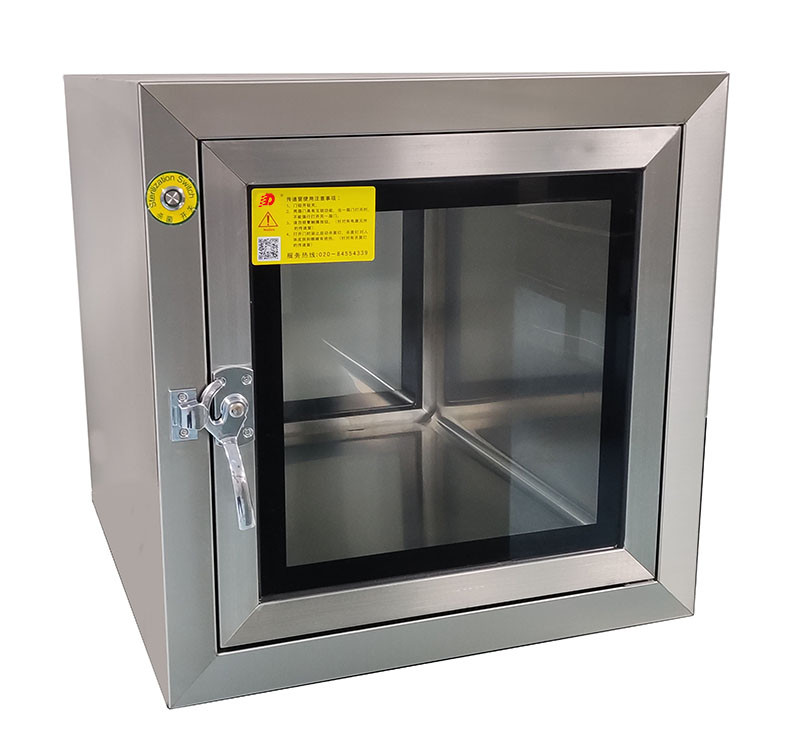
Pass Box
US$200-500 USD/Unit
Min. Order:1 unit -
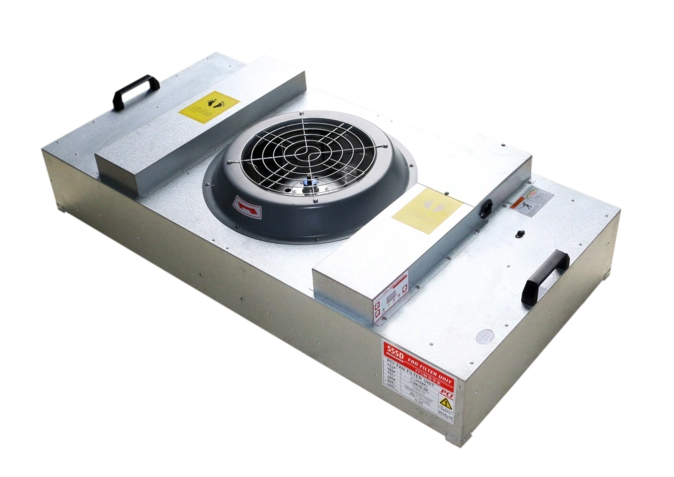
FFU
US$135-350 USD/Unit
Min. Order:1 unit -
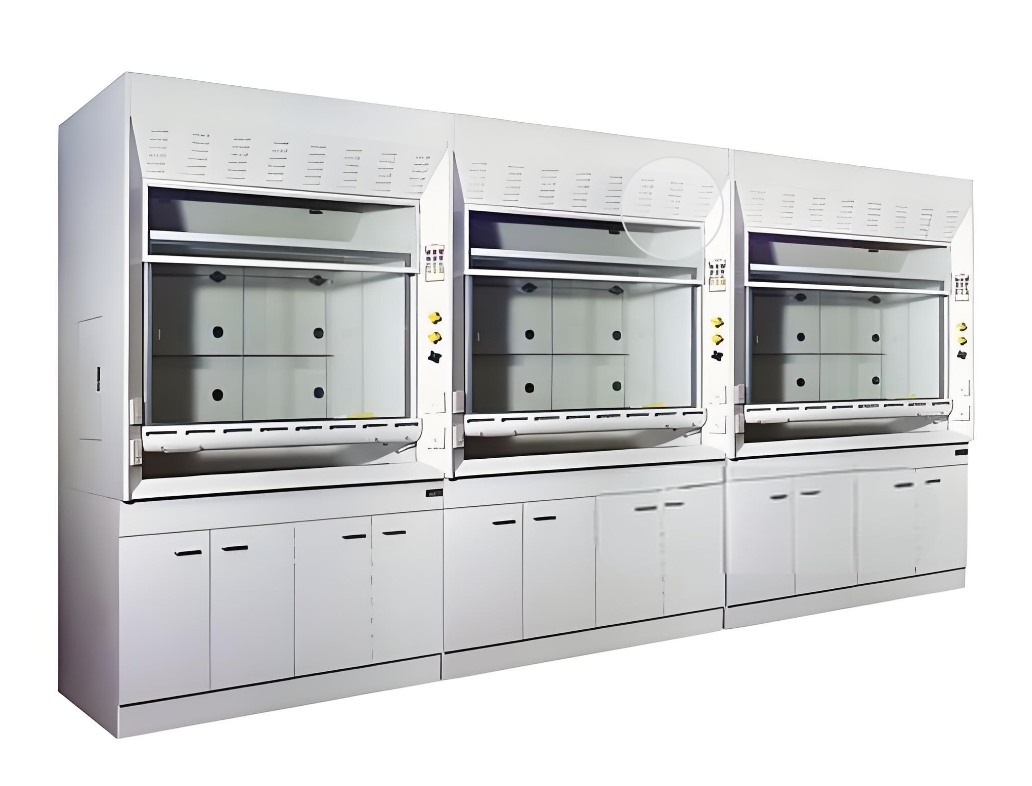
Fume Hood
US$700-1500 USD/Unit
Min. Order:1 unit -
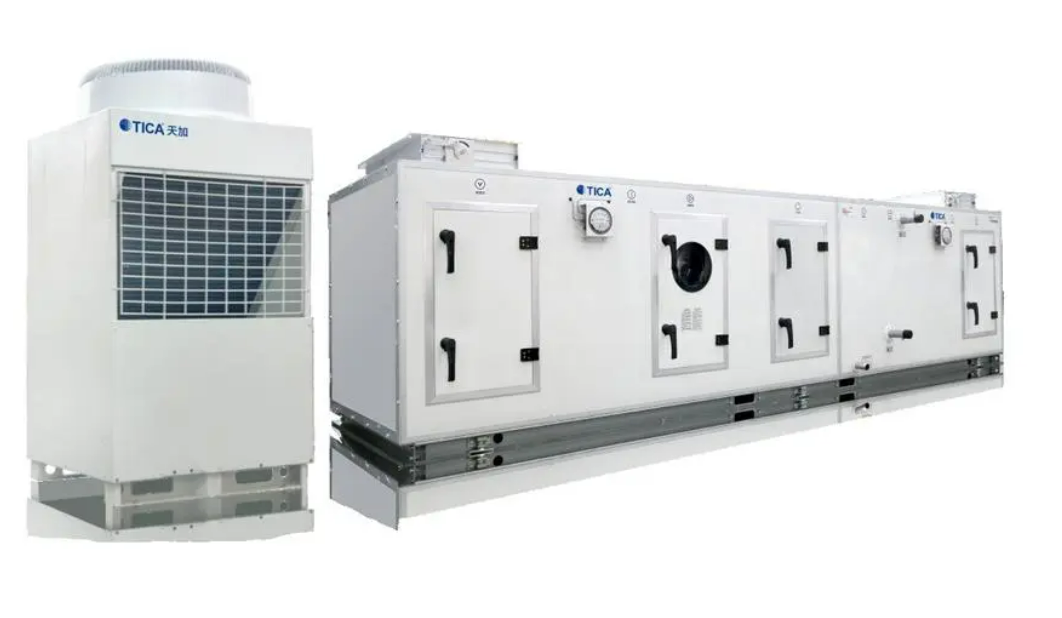
Cleanroom HVAC
US$5000-20000 USD/Unit
Min. Order:1 unit -
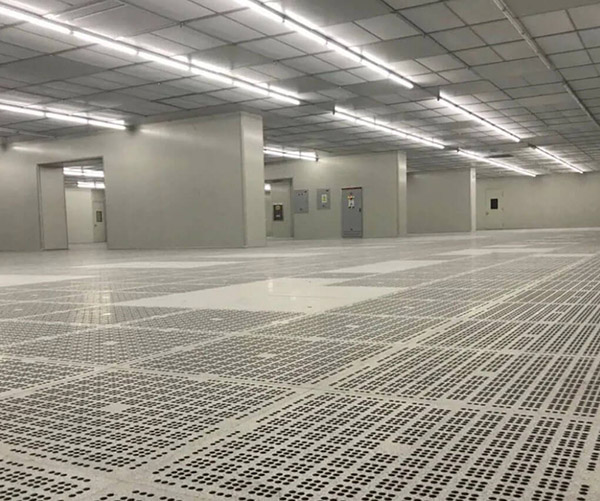
Clean room floor
US$5-20 USD/Sq.
Min. Order:1 unit -
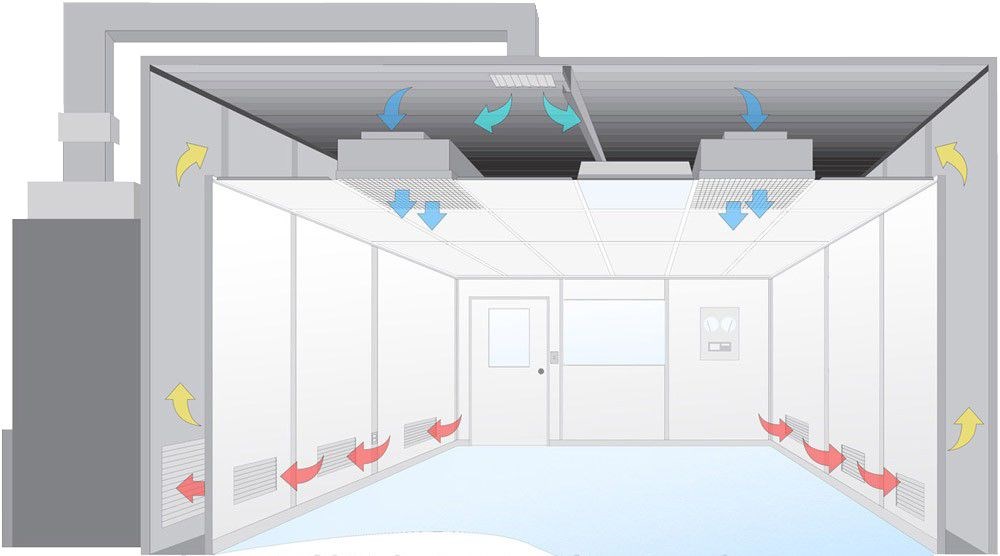
Clean room ceiling
US$
Min. Order:1 unit
 +86 18186671616
+86 18186671616 Jason@cleanroomequips.com
Jason@cleanroomequips.com
 MENU
MENU














